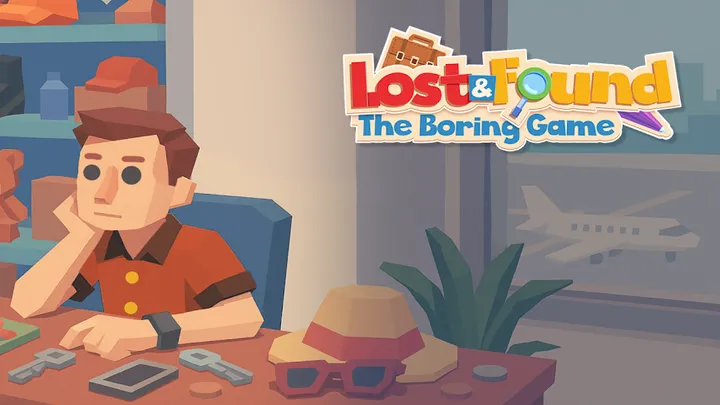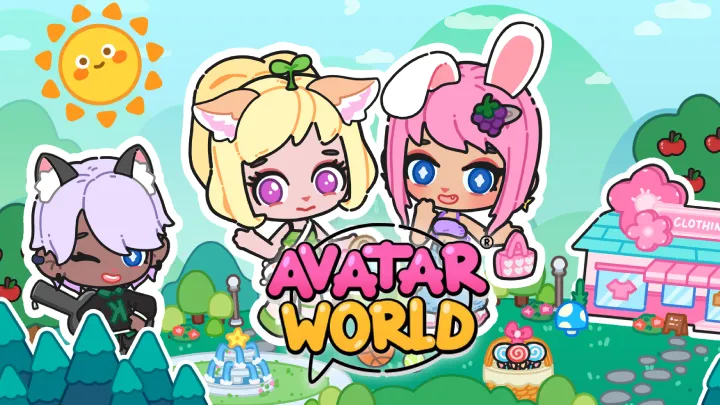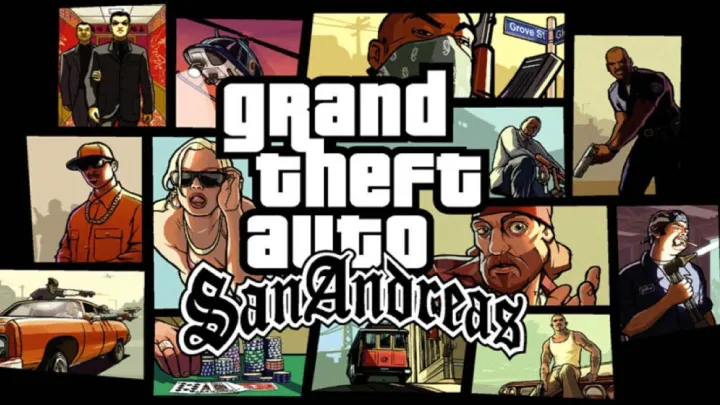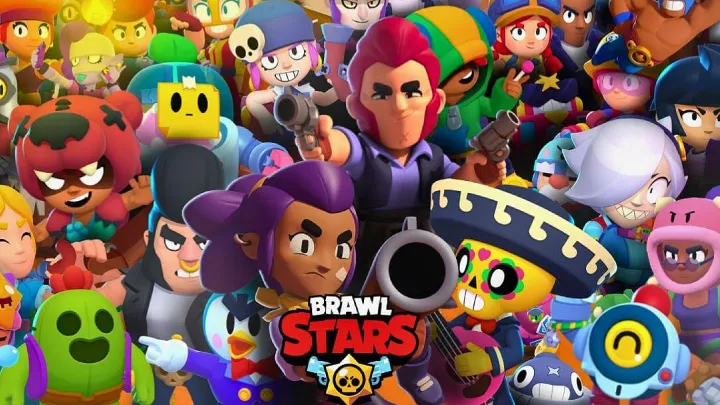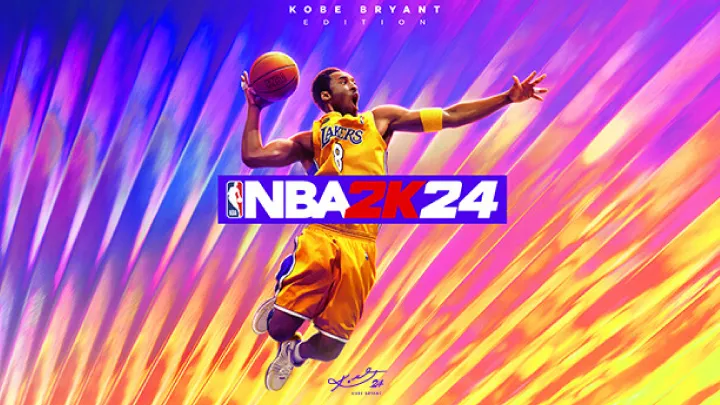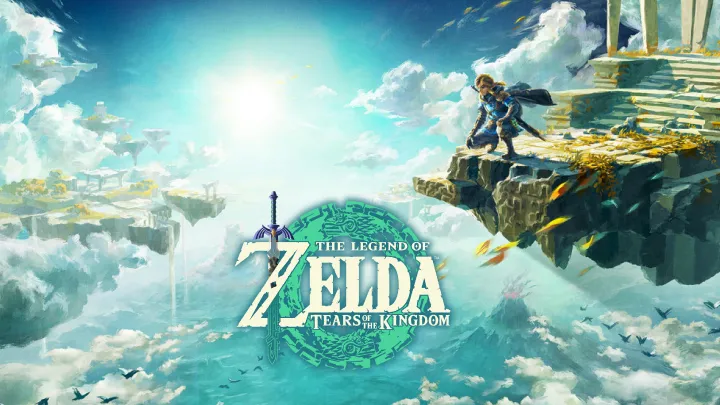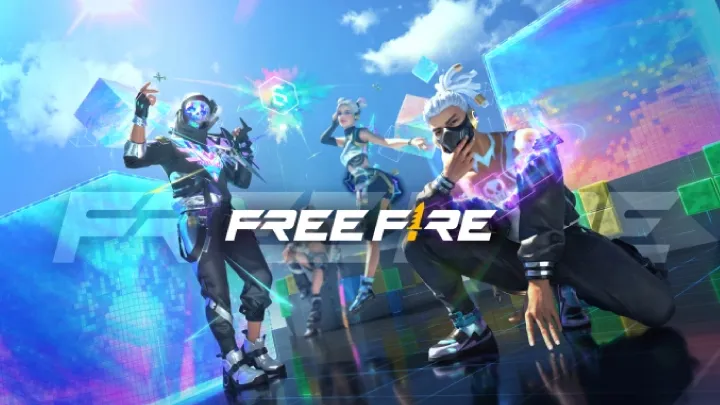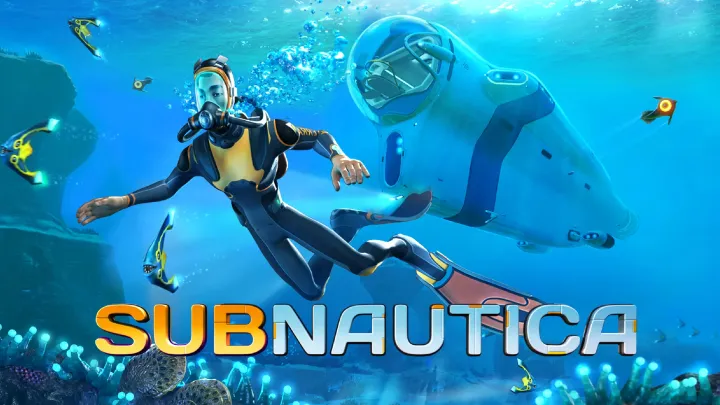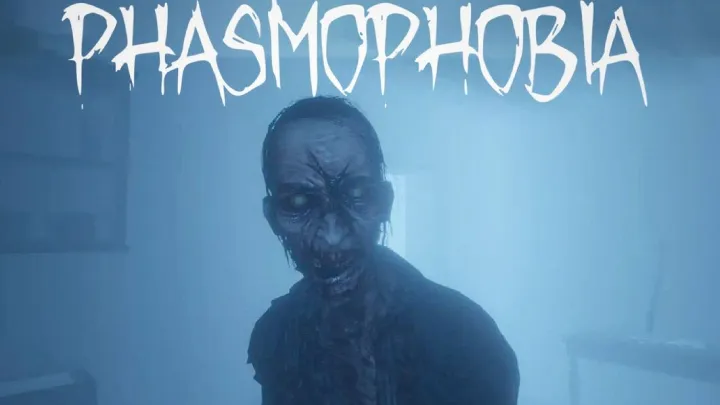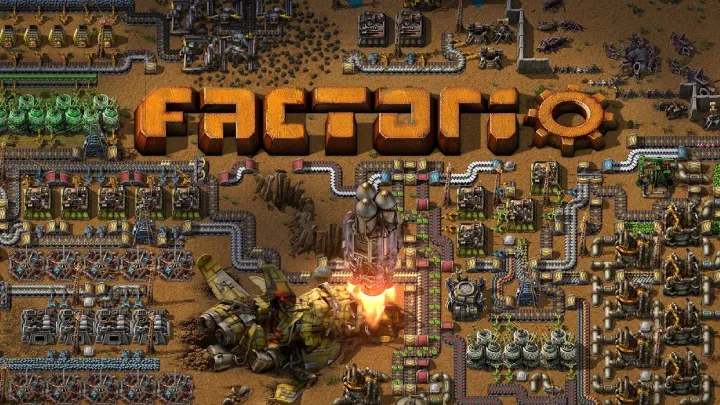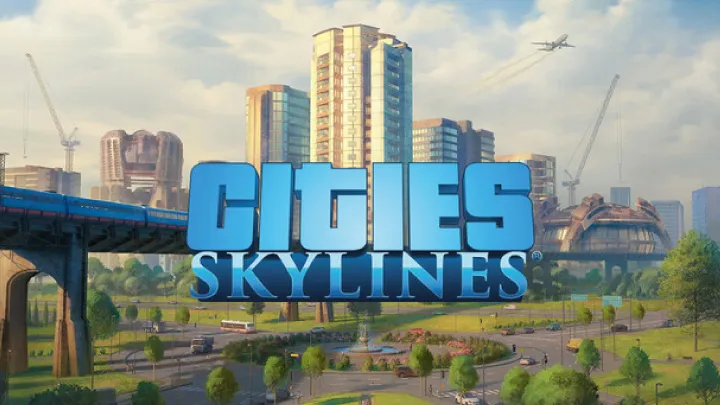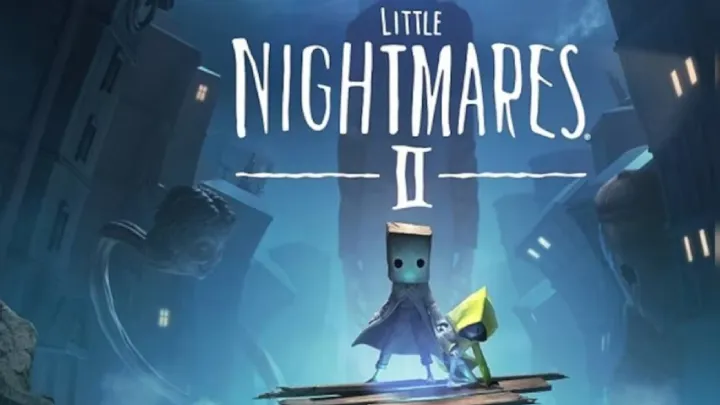Introduction
In the last few years, artificial intelligence has transformed how we interact with technology. Among the most notable innovations is ChatGPT, which has set new standards in natural language processing and conversational AI. Millions of people across the globe have used it for tasks ranging from writing essays and generating code to tutoring, brainstorming, and even companionship. Yet, despite its massive popularity, ChatGPT is not the only AI language model available. Many competitors have entered the field, offering different features, strengths, and user experiences. As AI continues to evolve in 2025, the question is no longer whether ChatGPT is the best option but rather which alternative might better fit your specific needs.
This article explores the Top 10 ChatGPT alternatives in 2025, analyzing what makes each unique, how they compare, and why you might choose one over another. From models designed for enterprise solutions to those optimized for creative writing or productivity, this list will give you a comprehensive overview of the current AI landscape.
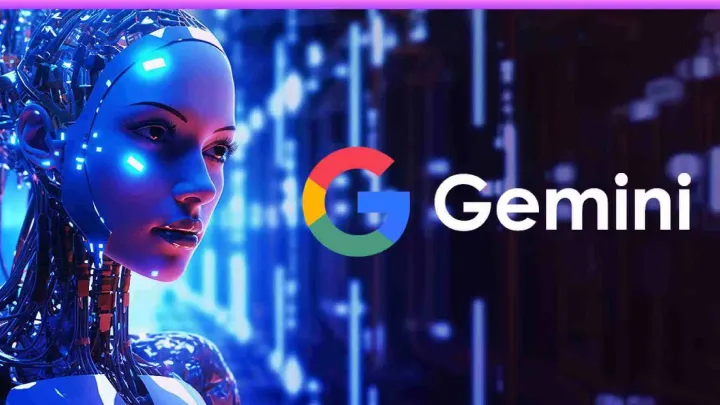
1. Google Gemini AI
Google Gemini AI has become one of the most powerful competitors to ChatGPT in 2025. Developed by Google DeepMind, Gemini was built with the ambition of blending advanced reasoning, real-world knowledge, and multimodal capabilities. Unlike traditional chatbots, Gemini can seamlessly integrate text, images, audio, and video into conversations, making it a more versatile tool for both personal and professional use.
One of the key strengths of Gemini is its access to real-time Google Search data. This integration allows the model to provide updated information, which ChatGPT sometimes struggles with due to knowledge cutoffs. For example, if you are asking about the latest stock prices, travel restrictions, or breaking news, Gemini can provide a more accurate and up-to-date answer. In addition, its ability to generate and analyze visual data makes it invaluable for fields such as education, design, and business presentations.
The main appeal of Gemini lies in its ecosystem connection. Being a Google product, it integrates naturally with Google Workspace, Android devices, and Chrome. Users can draft emails in Gmail, create slides in Google Slides, or summarize documents in Google Docs using Gemini’s advanced features. Although it still faces some criticism for occasional factual inconsistencies, its multimodal power and seamless integration make it one of the strongest alternatives to ChatGPT in 2025.
2. Anthropic Claude 3
Anthropic, a company founded by former OpenAI employees, has introduced Claude 3 as its flagship conversational AI. Named after Claude Shannon, the father of information theory, this model emphasizes safety, alignment, and ethical reasoning. In 2025, Claude 3 is considered one of the most human-like AI assistants on the market.
What sets Claude 3 apart is its focus on harmlessness and transparency. While ChatGPT sometimes generates risky or controversial content, Claude 3 is designed to minimize harmful outputs and ensure ethical alignment. This makes it particularly popular among organizations concerned about AI bias, misinformation, or sensitive topics.
Another standout feature is Claude’s ability to handle long-context conversations. It can process hundreds of pages of text in one session, which is ideal for legal professionals, researchers, and students who work with large documents. Users often find Claude more empathetic and nuanced than ChatGPT, making it suitable for mental health support, coaching, and conversational companionship.
While Claude 3 may not always match ChatGPT in creativity or coding assistance, its emphasis on alignment and safety makes it an indispensable tool for those who prioritize trustworthiness in AI.
3. Microsoft Copilot (powered by GPT-4 and beyond)
Microsoft has fully integrated AI into its ecosystem under the brand name Copilot, which serves as both a productivity assistant and a conversational AI. Unlike standalone chatbots, Copilot is deeply embedded in Microsoft 365 apps such as Word, Excel, PowerPoint, and Outlook. This gives it a practical edge for professionals who rely on these tools daily.
In Word, Copilot can draft entire reports, edit documents for clarity, and even suggest creative improvements. In Excel, it analyzes data, generates complex formulas, and creates visual dashboards in seconds. In PowerPoint, it can transform a few lines of text into polished presentations with suggested design layouts. This deep productivity integration has made Microsoft Copilot a workplace essential in 2025.
Beyond office tools, Copilot also integrates into Windows itself, allowing users to manage files, settings, and applications via natural language commands. For developers, GitHub Copilot remains one of the best AI coding assistants, generating functional code snippets across multiple programming languages.
The major advantage of Microsoft Copilot is its seamless workflow support. While ChatGPT is excellent for general conversation, Copilot’s integration into professional software gives it a real-world utility that few competitors can match.
4. Perplexity AI
Perplexity AI has gained a reputation as a powerful AI search assistant in 2025. Unlike ChatGPT, which primarily generates responses based on training data, Perplexity emphasizes transparency by citing its sources and pulling information directly from the web. This makes it a valuable tool for fact-checking, research, and journalism.
The strength of Perplexity lies in its hybrid model: it combines conversational AI with real-time search capabilities. If you ask about the best laptops in 2025, Perplexity not only provides a well-written summary but also links its references, ensuring accuracy and credibility. For professionals and students, this reduces the risk of hallucinated facts, a problem still present in many AI models.
Perplexity also features a clean, user-friendly interface and supports collaborative use, where teams can share research threads. Its ability to integrate multimodal search, including text, image, and soon video, further enhances its utility.
While ChatGPT is better at creative writing and coding, Perplexity is superior when accuracy and reliability matter most. For anyone conducting academic research, market analysis, or investigative reporting, Perplexity is one of the best ChatGPT alternatives available today.
5. Jasper AI
Jasper AI, once known as Jarvis, has established itself as a leader in AI-powered content creation. While ChatGPT is often used for writing assistance, Jasper focuses specifically on marketing, copywriting, and branded content. In 2025, Jasper remains a top choice for businesses, marketers, and creators who want polished, SEO-friendly content.
Jasper’s strength lies in its templates and workflows tailored for digital marketing. It can generate blog posts, social media captions, ad copy, product descriptions, and email campaigns. Unlike ChatGPT, Jasper emphasizes brand voice customization. Businesses can train Jasper to adopt a consistent tone that matches their identity, which is crucial for professional branding.
Another advantage is Jasper’s integration with tools like SurferSEO and Grammarly, enabling writers to optimize their content for search engines and readability. This makes Jasper not just a writing assistant but also a growth tool for online businesses.
Although Jasper requires a subscription fee that can be higher than ChatGPT’s, its targeted focus on marketing and brand identity makes it the superior choice for professionals who value content strategy over general conversation.
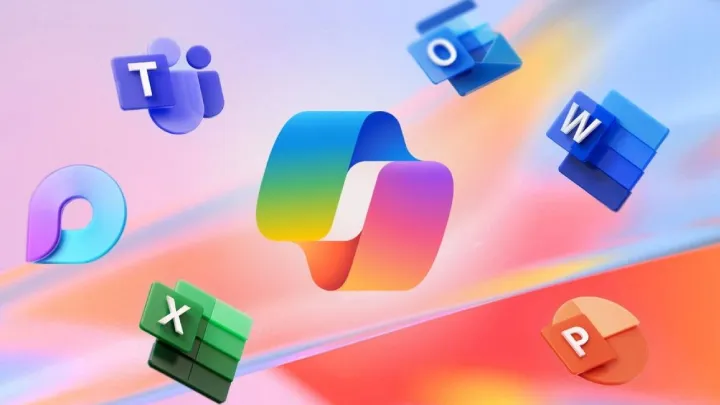
6. Character AI
Character AI has taken a unique approach to conversational AI by focusing on roleplay and persona-based interaction. Instead of acting as a general assistant, Character AI allows users to chat with AI personalities ranging from historical figures and fictional characters to custom-made avatars. By 2025, it has developed into a platform where creativity and storytelling thrive.
Users can design their own characters, assign them personalities, and interact with them in free-flowing conversations. This makes Character AI popular for entertainment, roleplay, and even education. Students might chat with an AI Albert Einstein to learn about physics, while writers use it to brainstorm character dialogue for novels.
Unlike ChatGPT, which maintains a neutral assistant-like tone, Character AI prioritizes immersion and creativity. However, it also comes with limitations, such as less accuracy in factual queries and fewer productivity features.
Still, for those who value engaging, imaginative conversations, Character AI is one of the best alternatives to ChatGPT in 2025.
7. Amazon Q
Amazon entered the AI race with Amazon Q, a conversational assistant optimized for business and e-commerce. Unlike ChatGPT, which serves general audiences, Amazon Q focuses on enhancing business workflows and customer service.
One of its biggest advantages is integration with AWS (Amazon Web Services). Companies using Amazon’s cloud infrastructure can embed Amazon Q into their operations for tasks such as analyzing data, automating workflows, or managing customer queries. Retailers also benefit from Amazon Q’s connection to e-commerce platforms, where it can generate product listings, optimize SEO, and even handle customer service chats.
For enterprises, Amazon Q’s scalability and cloud-native design make it particularly appealing. While it may not be as creative as ChatGPT in casual conversations, its strength in handling structured business tasks makes it a strong competitor in the professional AI market.
8. Mistral AI
Mistral AI, a European startup, has emerged as one of the most promising players in the AI industry. Known for releasing open-source large language models, Mistral provides a powerful alternative for developers and researchers who want transparency and customization.
In 2025, Mistral’s flagship model rivals ChatGPT in terms of fluency and reasoning. However, its true strength lies in its openness. Unlike ChatGPT, which is proprietary, Mistral models are often open for developers to fine-tune and adapt for specific applications. This has fueled innovation across startups, academic institutions, and businesses seeking tailored AI solutions.
Another benefit is Europe’s emphasis on AI regulation and ethics, which gives Mistral credibility as a responsible and transparent provider. Although it lacks the brand recognition of OpenAI or Google, Mistral is quickly gaining traction among professionals who prefer flexibility and independence from big tech ecosystems.
For developers and enterprises seeking more control over their AI systems, Mistral is a compelling alternative to ChatGPT.
9. Cohere Command R+
Cohere is another rising AI company that has gained attention with its Command R+ model, optimized for reasoning and retrieval. In 2025, it stands out as a powerful tool for businesses that require AI-driven analysis and decision-making.
Command R+ excels in structured reasoning and data retrieval. Unlike ChatGPT, which sometimes struggles with complex problem-solving, Cohere’s model is built to break down logical tasks and provide clear, actionable answers. This makes it useful for business strategy, financial analysis, and research-heavy industries.
Cohere also emphasizes enterprise integration, offering APIs that allow companies to customize AI into their own platforms. Its retrieval-augmented generation (RAG) system reduces hallucinations by grounding answers in factual data.
While it may not be the most conversationally engaging model, Cohere’s focus on logic and enterprise solutions makes it a top alternative for professionals seeking accuracy and depth in decision-making.
10. Pi (Inflection AI)
Pi, developed by Inflection AI, represents one of the most empathetic and human-like AI assistants available in 2025. Unlike ChatGPT, which prioritizes general-purpose utility, Pi is designed for personal interaction, emotional support, and companionship.
Users describe Pi as warm, caring, and intuitive. It focuses on building meaningful conversations rather than just providing information. This makes it a popular choice for those seeking daily check-ins, motivation, or even someone to talk to during stressful times.
While Pi is not as strong in coding, technical writing, or deep research, its emotional intelligence is unmatched. Many users find it complements more task-focused AI like ChatGPT by providing a supportive, empathetic companion.
For individuals looking for a more personal AI relationship, Pi is one of the most unique and valuable ChatGPT alternatives in 2025.
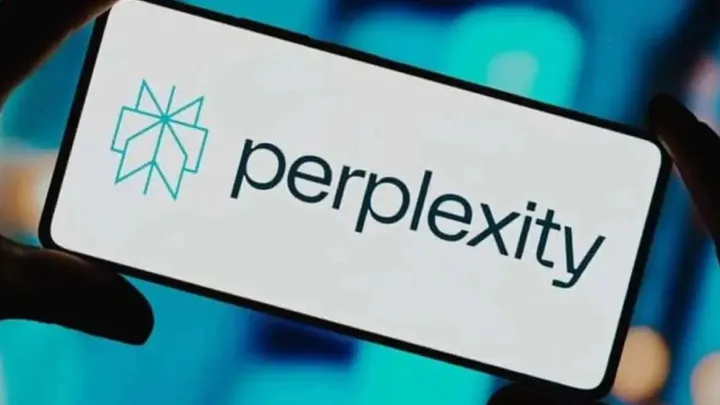
Conclusion
The AI landscape in 2025 is more diverse than ever. While ChatGPT remains a leading force, alternatives like Google Gemini AI, Claude 3, and Microsoft Copilot offer unique advantages that make them strong competitors. Some focus on accuracy and transparency, like Perplexity AI, while others specialize in marketing content, roleplay, or emotional support. The right choice ultimately depends on what you need: productivity, creativity, companionship, or research reliability.
As artificial intelligence continues to evolve, one thing is certain: no single tool can dominate every use case. Exploring different ChatGPT alternatives ensures you find the assistant that best matches your goals.
